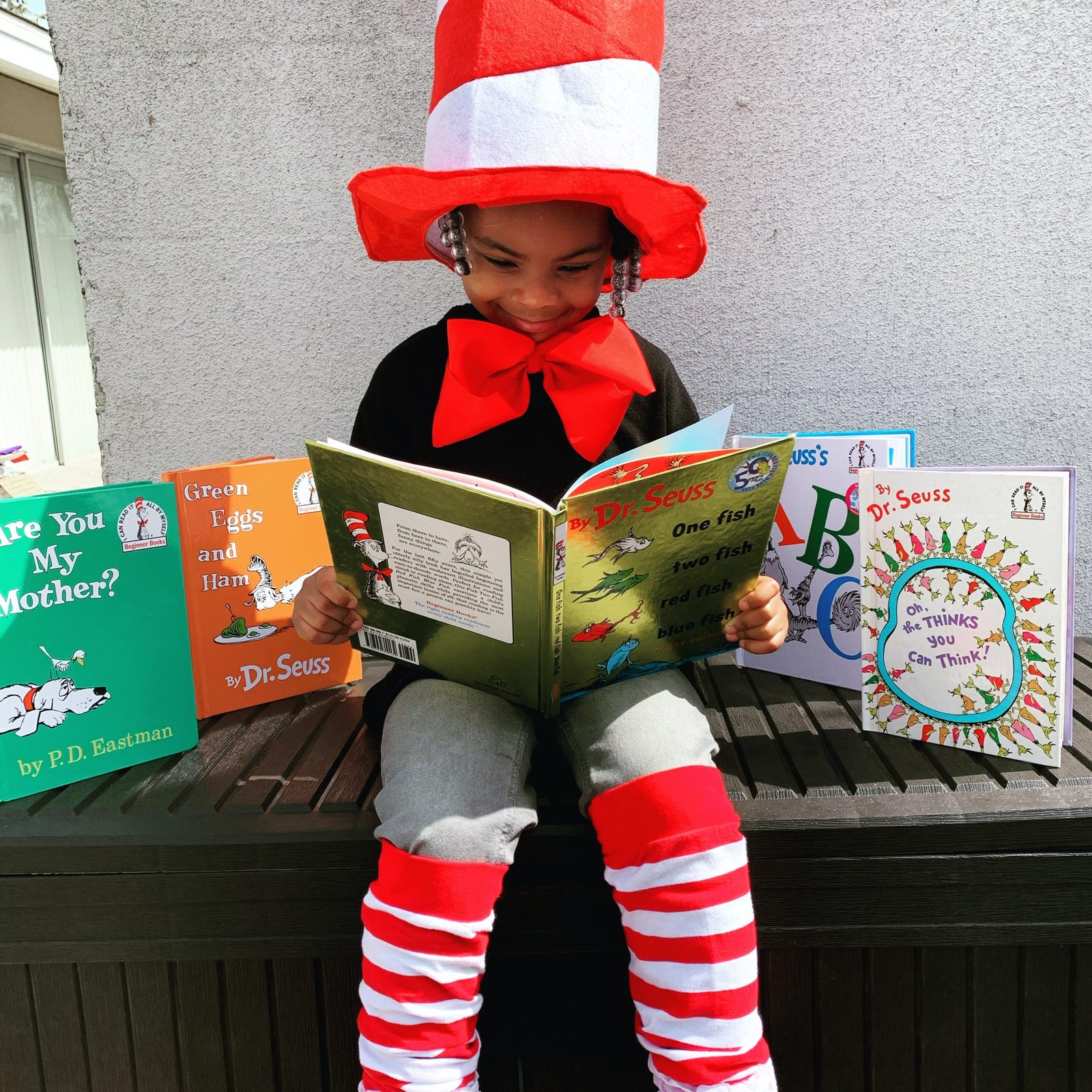Literacy is an essential skill, just like basic mathematics.
Sure, they might not study Shakespeare for a living or write sonnets just to get through the day, but reading, communication, and criticism, these are things that are all based on the ability to remain literate.

In fact, studies show that the prevalence of digital communication and social media has helped people become more literate thanks to the constant exposure users have to the written word, showcasing that learning is lifelong in this respect.
It’s no wonder why parents wish for their children to become more literate as they develop, then, because this can not only help with their speaking capabilities but also permits them the chance to grow and expand into other areas, be that higher education or in a professional capacity one day. But how can we help our children become more literate? After all, this may not be where their natural talents can be found. In this post, we’ll discuss how to think of this outcome, and why it matters:
Worksheets & Homework Support Guides
No matter if you’re a home educator or you just wish to give your child more support in their homework, it’s a great idea to help them with resources that make the process easier, rather than more complex. 2nd-grade sight word worksheets are often used for this approach, as they break up each topic into beautifully legible images that give you a chance to properly structure the homework session or home lesson.
In many cases, this can help a child feel as if the information is less overwhelming while retaining visual resources they can use to more easily grasp concepts. Patience is almost always a worthwhile approach.
Talk To Them
It may sound strange, but children learn to speak based on how they hear us talk, and so talking to them is almost always a good idea. Of course, you probably do already talk to your child. But instead of instructions or simply paying them compliments, it can also be nice to try and structure conversations with them, at least when they’re able to do so.
For instance, you might ask them how a friend’s party was that they attended. They may say ‘good!’ From here, you can ask more open-ended questions that make them think before their response. “What kind of foods did you eat?” and “What kind of music was playing?” can help them begin to formulate sentences and more structured responses to you. Repeat this over the years, and you’ll find that your little one becomes quite introspective and articulate.
Reading To Them At Night
There’s a reason that children’s books are structured simply, and with repetition and rhymes, including pop-ups. They’re designed to hold attention and to solidify concepts through structured word schemes.
As your children get over and their language capabilities become more refined, you may read more interesting and complex books to them. Reading certain classics appropriate to them, for instance, could be a lovely place to start. Having a story that you follow together over multiple pre-bed rituals can be a great way to nurse your children off to sleep (and to make sure they stay in bed), while also exercising their ability to parse language right before your child sleeps and their brains reinforce all of the lessons that day into their long-term memory.
Reading to children at night has even been proven to help parents with their literacy skills, and so you may be doing yourself a favor here, too.

Absorbing Literary Culture
It’s important to recognize that literature and the culture surrounding it is more than just an ability to read but to understand or appreciate the literary canon that defines our society. As such, it can be nice to get involved with that. Visiting a museum with displays dedicated to certain authors, or heading to theatre plays suitable for children, all of this can make a profound difference in how your child understands the importance of literacy within our society and the impact it has.
This way, they may remain inspired to read books to the degree they’re able, looking to stories as an integrated part of their lives, not just a chore to slog through during their formative years.
Write Letters With Them
Another lovely way to bond over the written word involves of writing letters with them. You can write letters to them, or perhaps write letters to our older relatives that may prefer something a little more handcrafted than a text.
This way, they have a chance to write outside of the school confines, while also sending on a beautiful and caring message to those they care about. Here is the opportunity for an additional lesson, that is in the art of letter writing, including where the address should be placed, the difference between ‘yours sincerely’ and ‘yours faithfully.’ If they do this, then writing emails in the future will be a doddle.
Encourage Them To Journal
Diaries can be a fantastic place for children to write their thoughts and opinions, as well as practicing their ability to structure ‘posts’ as it were within the pages. As they get older, this can be a good means of expressing themselves, too.
Now, while it may sound quite unethical on the surface, some parents can use this material to also makes sure that everything is okay with them. If there’s some turbulence in your personal lives, or you’re worried that your child may not be having a great time at school, a resource like this may be a good way to figure out what may be going on.

Regardless, showcasing to your child that the written word is a healthy outlet for worries and issues can be a good way to encourage them to view writing as a cathartic and pleasant hobby rather than something you do for work or school only. With this advice, we believe your child will remain more and more literate as time goes by. This is sure to help them in almost all areas of life.






